Religion, Darwin, and a Mind for Poetry
The article is an umbrella review of several recent books on the life of Alfred Russel Wallace, who independently discovered the force of nature which Charles Darwin, in his 1859 book On the Origin of Species, called natural selection. Wallace, also a British naturalist, puzzled out the same answer Darwin did to the question of how existing species could evolve into new ones over time. A younger man than Darwin, he also lacked Darwin's upper-crust connections into the scientific establishment of the day. In fact, it was a hopeful Wallace sending his manuscript on the subject to Darwin for review that prompted Darwin to break his two-decade silence and hurry Origin into print.
Darwin today gets the lion's share of credit for providing a scientifically impeccable explanation for biological evolution, while Wallace's name has faded into obscurity. As Rosen shows in his article, this was in large part because Wallace never gave up his convictions about God, spiritualism, and the supernatural realm. Despite "coolly articulating the materialist mechanisms by which the simplest organisms morphed into human beings," Wallace never stopped "arguing that our existence offers evidence of divine agency."
For his part, as Darwin aged his world view edged from quiet agnosticism over into forthright atheism. There was "a change in the fabric of his mental life" by virtue of which he lost his taste for poetry.
There seem to be two ways in which to take the Bible seriously. One is to read it literally; the other is to understand it poetically and metaphorically.
If you read it literally, you are a fundamentalist. You think you cannot square such an approach to scripture -- "God said it, I believe it, and that settles it" -- with Darwinian evolution, so you work to keep Darwinism out of high-school biology classes.
If you read the Bible with a poetic mindset, you have little trouble with evolution. Things poets say match reality on some higher, non-literal plane; everyone knows that.
It is almost as if the debate is all about which circuits and structures of the brain are predominant. Evidence for this comes from "Rewiring the Brain," a review by Mathew Blakeslee in Discover Magazine of two new books about the latest research into neuroplasticity.
Neuroplasticity is science-speak for how adult human brains can be taught new tricks, despite a longstanding belief to the contrary. The books are Sharon Begley's Train Your Mind, Change Your Brain and Norman Doidge's The Brain That Changes Itself. The Begley book, writes Blakeslee, speaks of
... a remarkable collaboration forged just a few years ago between Western neuroscientists and senior Tibetan monks. Their spiritual leader, the Dalai Lama, who brokered much of the discourse, comes across as remarkably astute and friendly to science.
This unusual syncretic exercise between the academy and a major world religion ... involves measurable, replicable effects of Buddhist meditation practices on the mind and brain. This rigorous mental training drives neuroplasticity in ways that awe many of the scientists studying it. Brain scans reveal that the neural activity of highly trained monks is off the charts, relative to meditation novices, in [brain] circuits that involve maternal love (caudate), empathy (right insula), and feelings of joy and happiness (left prefrontal cortex). Even when these monks are not meditating, their brains bear the imprints of their psychic workouts. The latter two structures, for instance, are anatomically enlarged.
Is there a brain region for poetry? "Brain Region Linked to Metaphor Comprehension," an article by Sarah Graham for Scientific American, suggests that the left angular gyrus region of the brain is at least partially responsible for grasping metaphors. This is a brain region that is
... more developed in humans than in other primates and is located in the brain at the junction of areas specialized for processing . "While it would be premature to conclude that the angular gyrus is the 'metaphor center' of the human brain," [researcher Vilayanur S.] Ramachandran says, "we suggest that the evolution of the dominant angular gyrus contributed enormously to the evolution of many quintessentially human abilities, including metaphorical — and other abstract — thinking."It is interesting that metaphor processing is a function at a junction: that of touch, hearing and vision. Three ways of knowing come together amicably in the angular gyrus. This region of the brain looks to be one that biblical literalists don't trust much. Perhaps they could learn to do so by exploiting some of their God-given neuroplasticity.






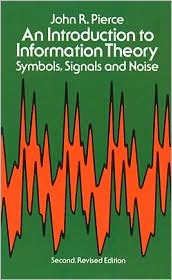

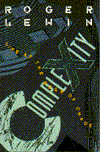

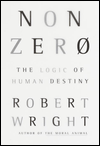

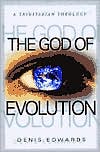

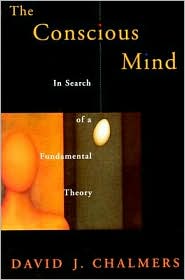
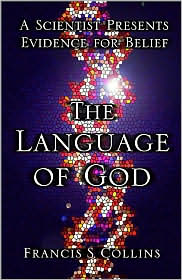


0 Comments:
Post a Comment
<< Home